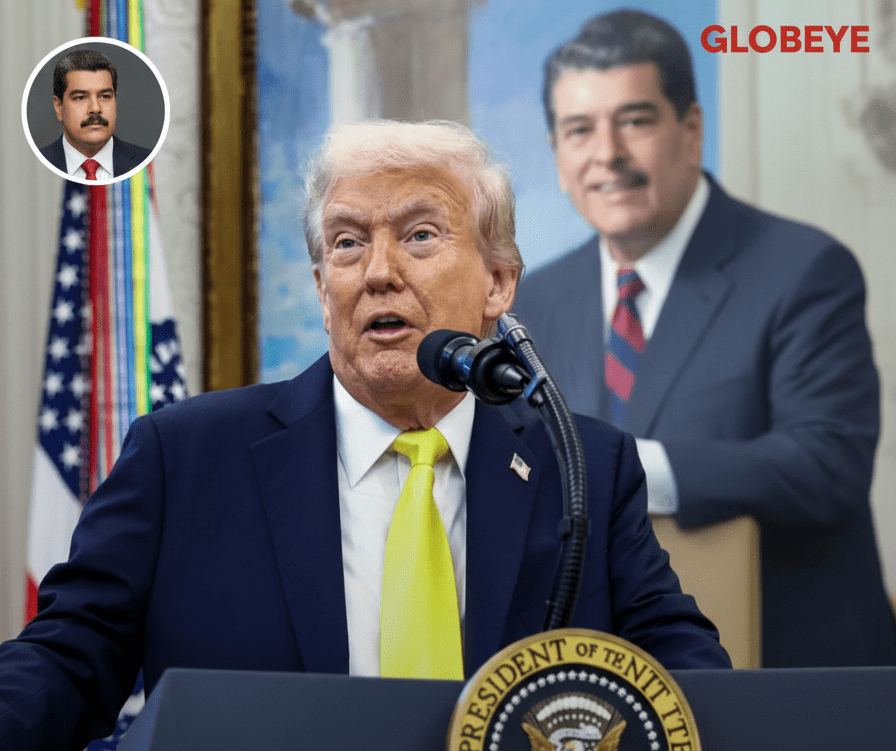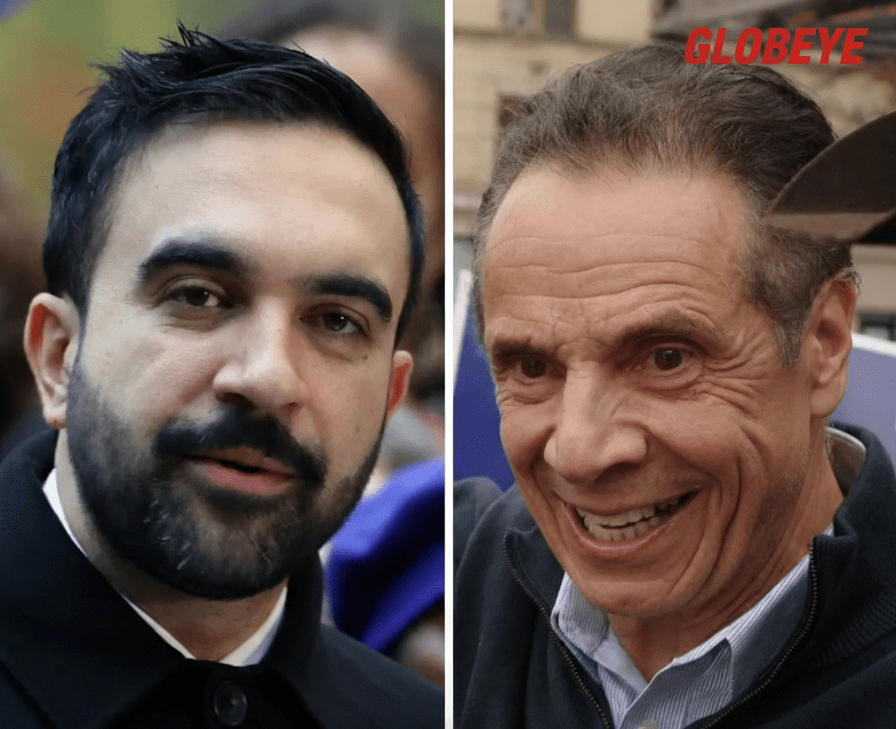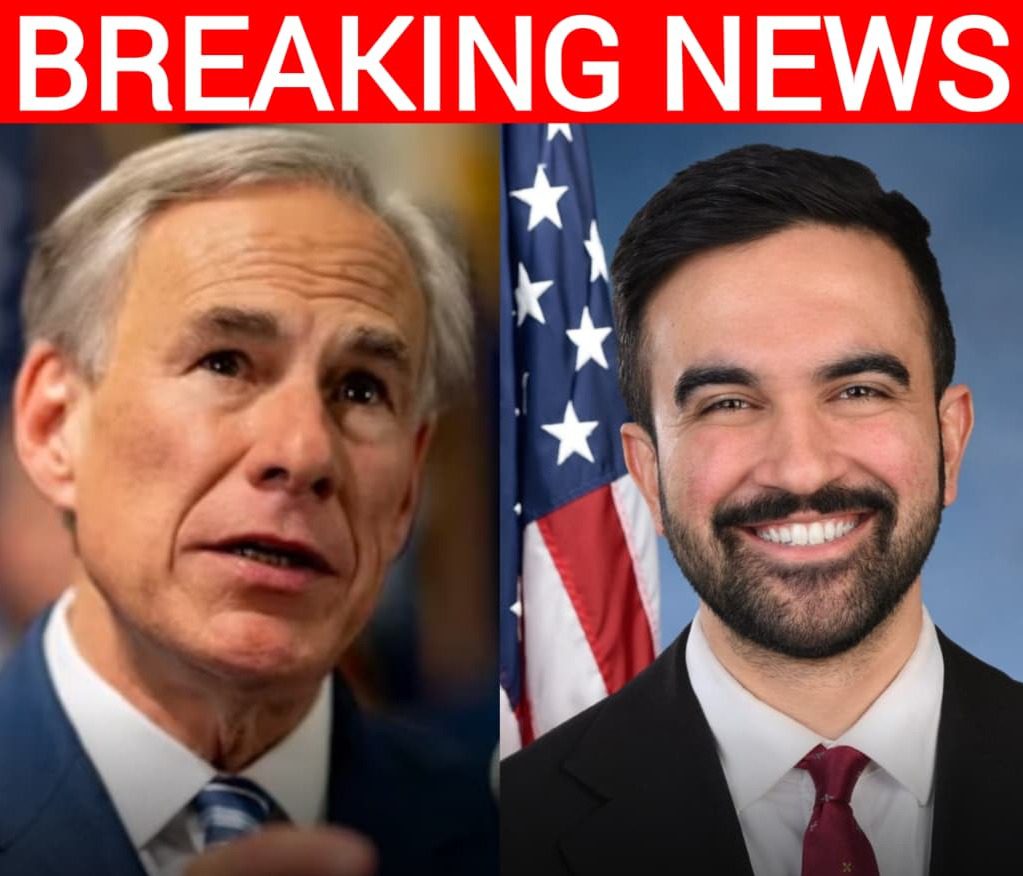Trump signals full-scale offensive on Venezuela’s drug gangs — CIA covert ops, naval strikes and land plans unveiled
In a dramatic escalation of America’s campaign against the flow of illegal narcotics, President Donald Trump has publicly affirmed that he is ready to do “whatever it takes” to defend the United States from what he and U.S. officials call Venezuela-based “terrorist drug gangs.” That stark promise, voiced through the U.S. Ambassador to the United Nations Mike Waltz, comes amid revelations that the CIA now has authorization to engage in clandestine operations inside Venezuela as part of a broader crackdown on smuggling and narco-terrorism. Recent U.S. military strikes on vessels in the Caribbean, purportedly linked to Venezuelan cartels, underscore a new and aggressive posture in Trump’s foreign and security policy.
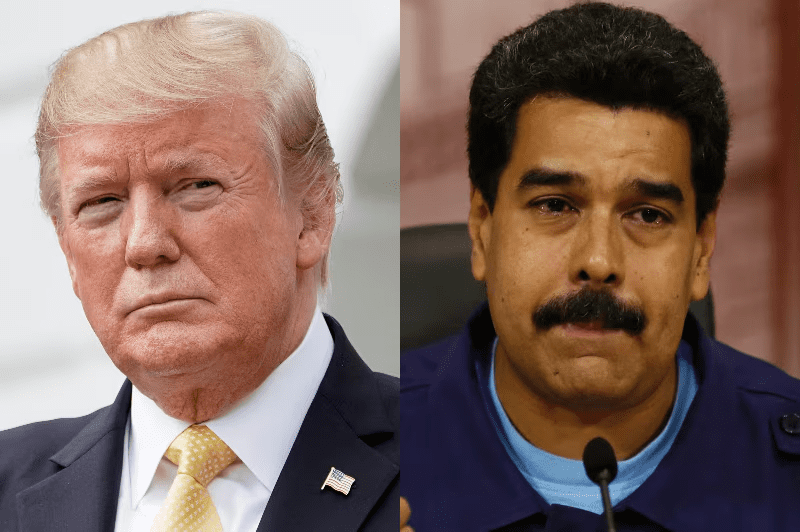
The turning point came on October 15, when Trump confirmed reports that he approved covert CIA action targeting drug networks within Venezuelan territory. While the White House has declined to specify exact land incursions, the implication is clear: the war on narcotics is no longer limited to sea patrols and seizures. In recent weeks, Washington has struck at least five maritime targets off Venezuela’s coast, resulting in the deaths of 27 suspected smugglers. In one of the latest attacks, six individuals were killed in international waters, with U.S. officials labeling them “narcoterrorists.”
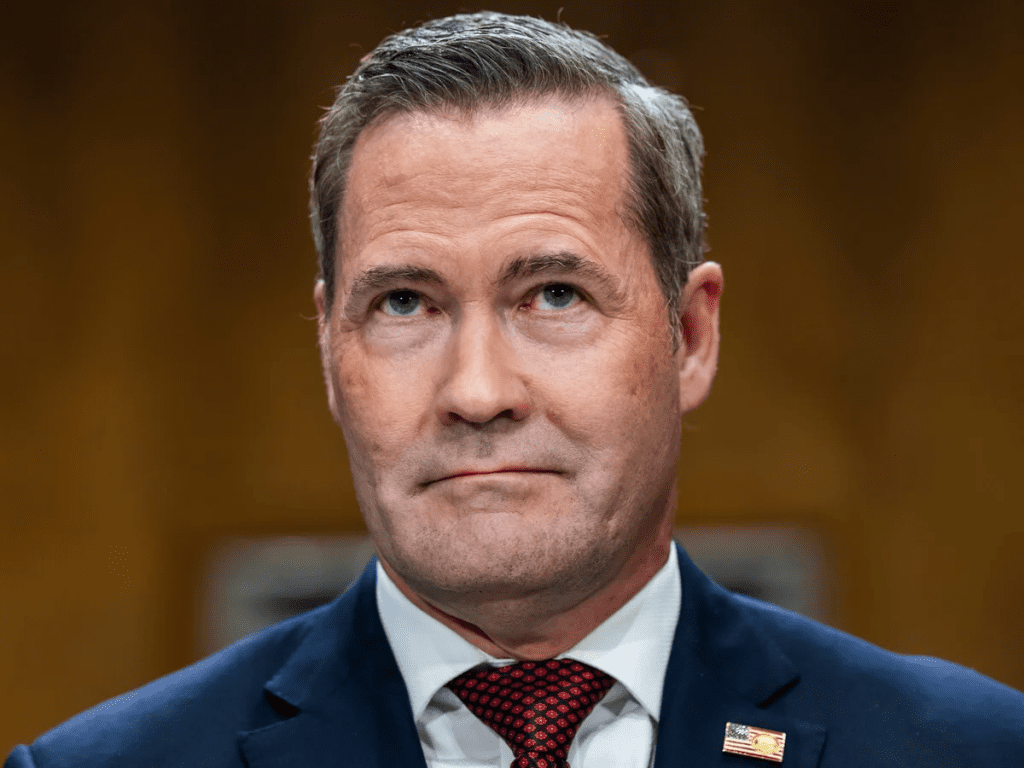
Ambassador Waltz, speaking with resolute urgency in his U.N. role, framed the move as a matter of national survival. He argued that Venezuela-based criminal networks were actively killing Americans, and that Washington needed every tool available—intelligence, diplomacy, and military force—to dismantle them. The choice of language—evoking war, defense, and terror—marks a clear shift in how the U.S. is justifying action. Waltz specifically cited the U.N. Charter’s Article 51, which allows self-defense, to counter accusations from Caracas that Washington is violating international norms.
At the heart of this strategy lies the gang Tren de Aragua, which the Trump administration designated a Foreign Terrorist Organization in early 2025. That move allowed U.S. officials to argue that violent criminal networks now qualify for actions typically reserved for national security threats. But the designation is controversial: intelligence reviews have disputed whether the Venezuelan government coordinates with the gang, and critics argue that such a leap in classification blurs the lines between organized crime and warfare.
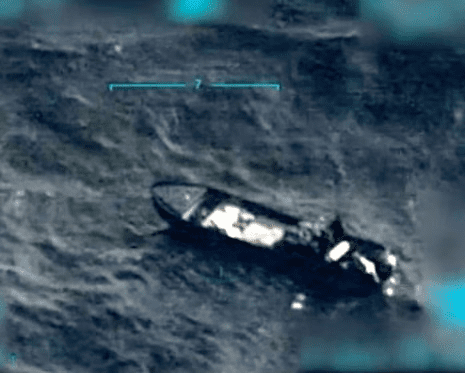
Even as Washington mounts pressure, the operation’s legality and effectiveness are under intense scrutiny. Trump’s use of military force without a formal war declaration has alarmed legal experts and lawmakers. Many question whether targeting vessels on the high seas, without presenting evidence of a direct threat, amounts to extrajudicial killing. Others warn that aggressive action could mire the U.S. in a broader conflict with Venezuela—or worse, invite retaliation.
In the Caribbean theater, the U.S. has not stayed quiet. In early September, the Navy sank an alleged drug vessel from Venezuela, killing 11 onboard. That mission was followed by subsequent lethal strikes in the region, each time with Washington citing intelligence and asserting a new doctrine: treat certain cartel operators as “unlawful combatants.”
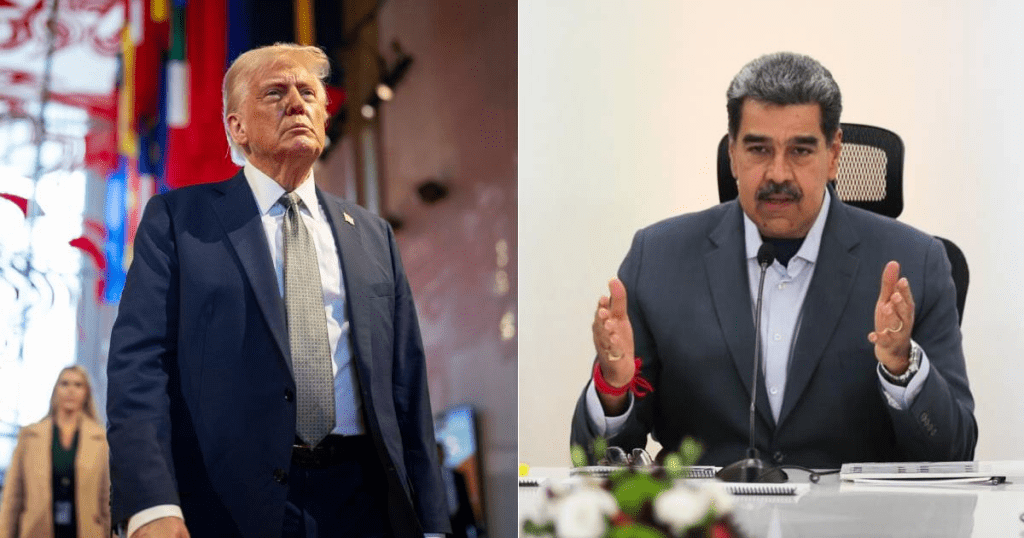
But beyond lives lost and missiles fired, critics say the strategy may be doomed by deeper structural issues. Some analysts point out that the major flow of synthetic drugs like fentanyl originates in Mexico, not Venezuela — meaning the U.S. may be focusing its firepower in the wrong place. Others note that militarized approaches rarely succeed long term against networks embedded across borders, rural areas, and corrupt institutions.
Still, for supporters of Trump’s hard line, the message is clear: no more passive interdiction or border fencing alone. The U.S. is signaling it will use lethal and covert force to strike at networks it sees as existential threats. And while Venezuela’s government, led by Nicolás Maduro, has condemned the actions as illegal aggression, those warnings have so far done little to slow the American advance.
In the halls of power and the shadows behind clandestine doors, Washington is recalibrating its approach to the war on drugs. Whether this bold gamble can close the loopholes through which narcotics reach America—or whether it spirals into diplomatic backlash—is a question now hanging in the balance.
